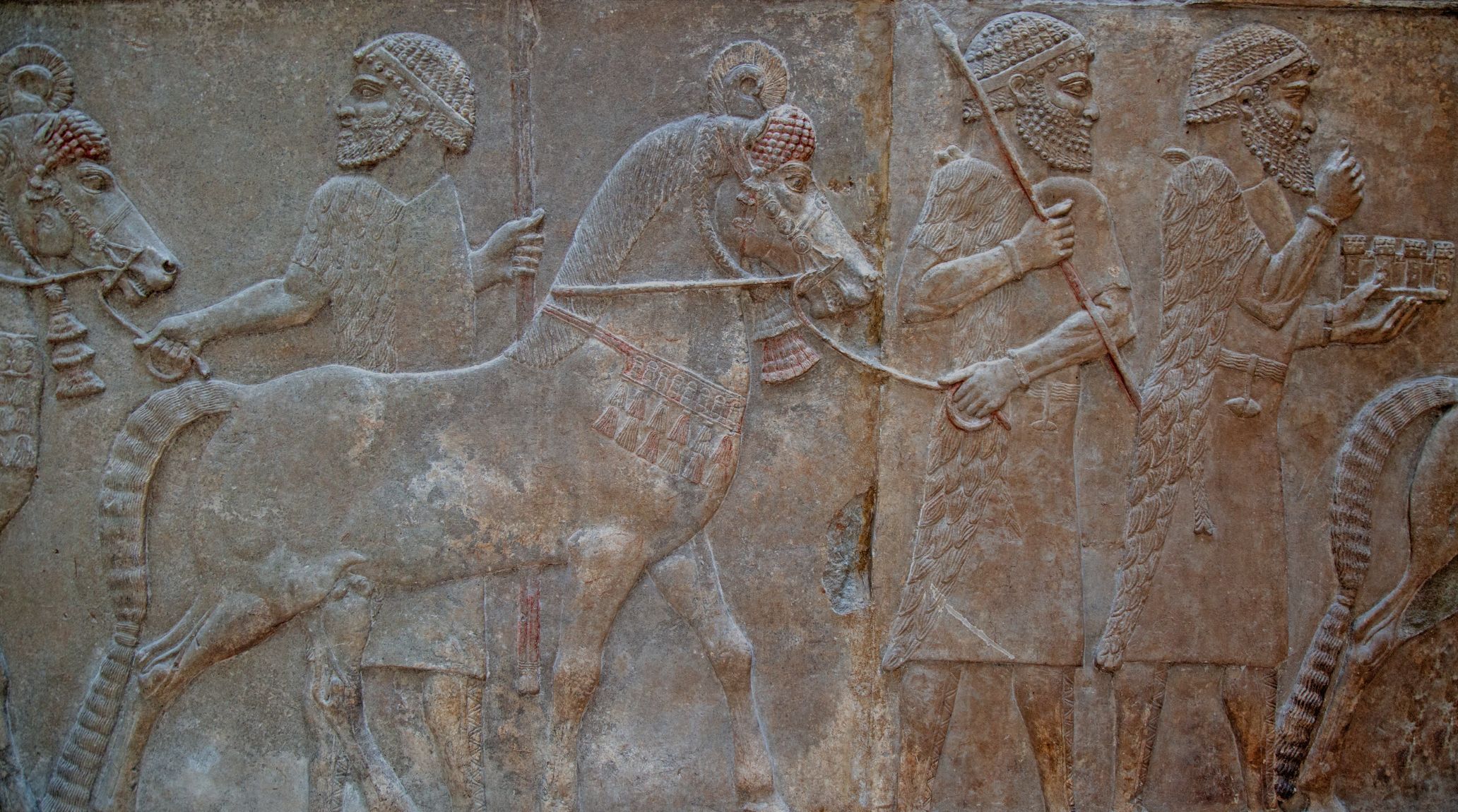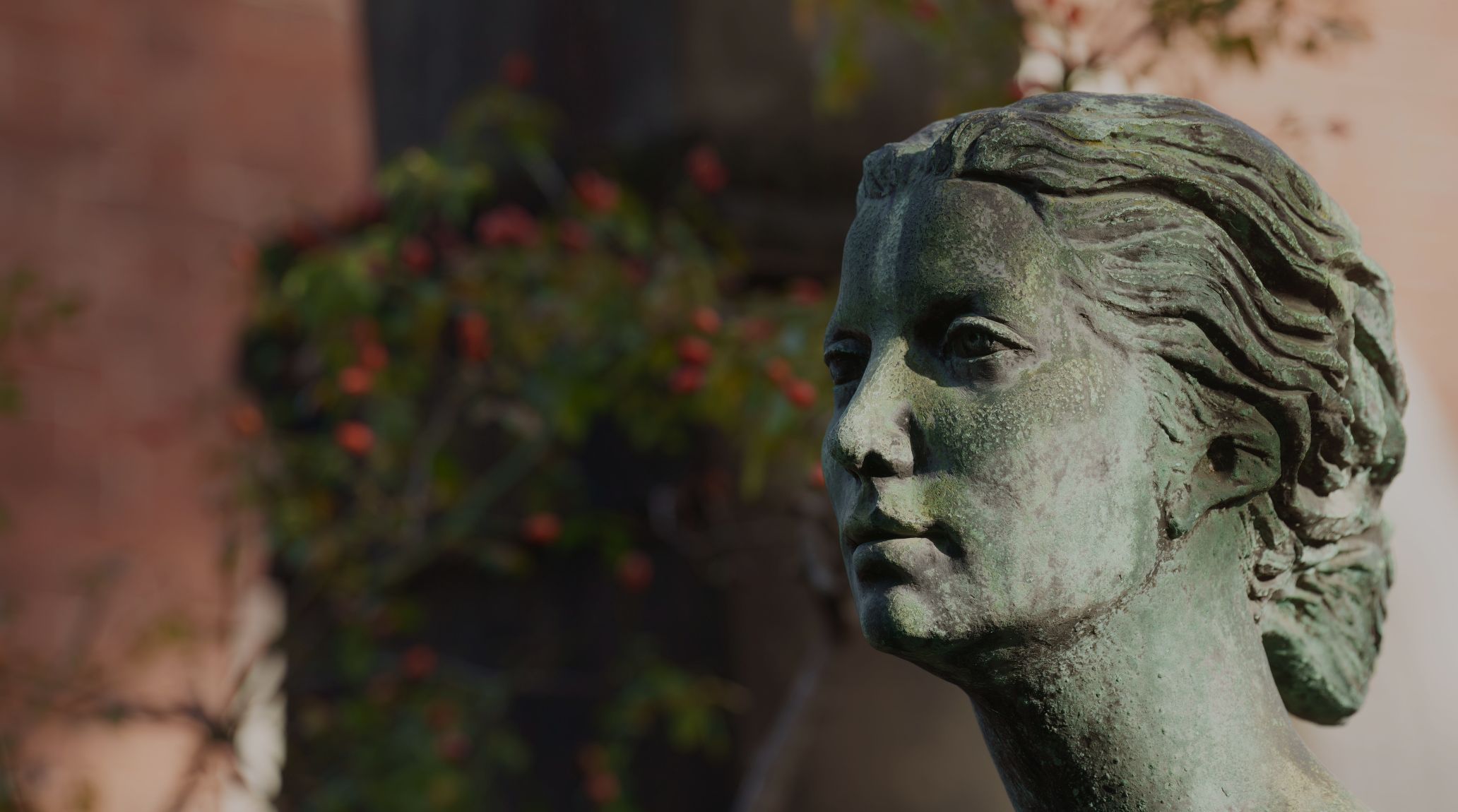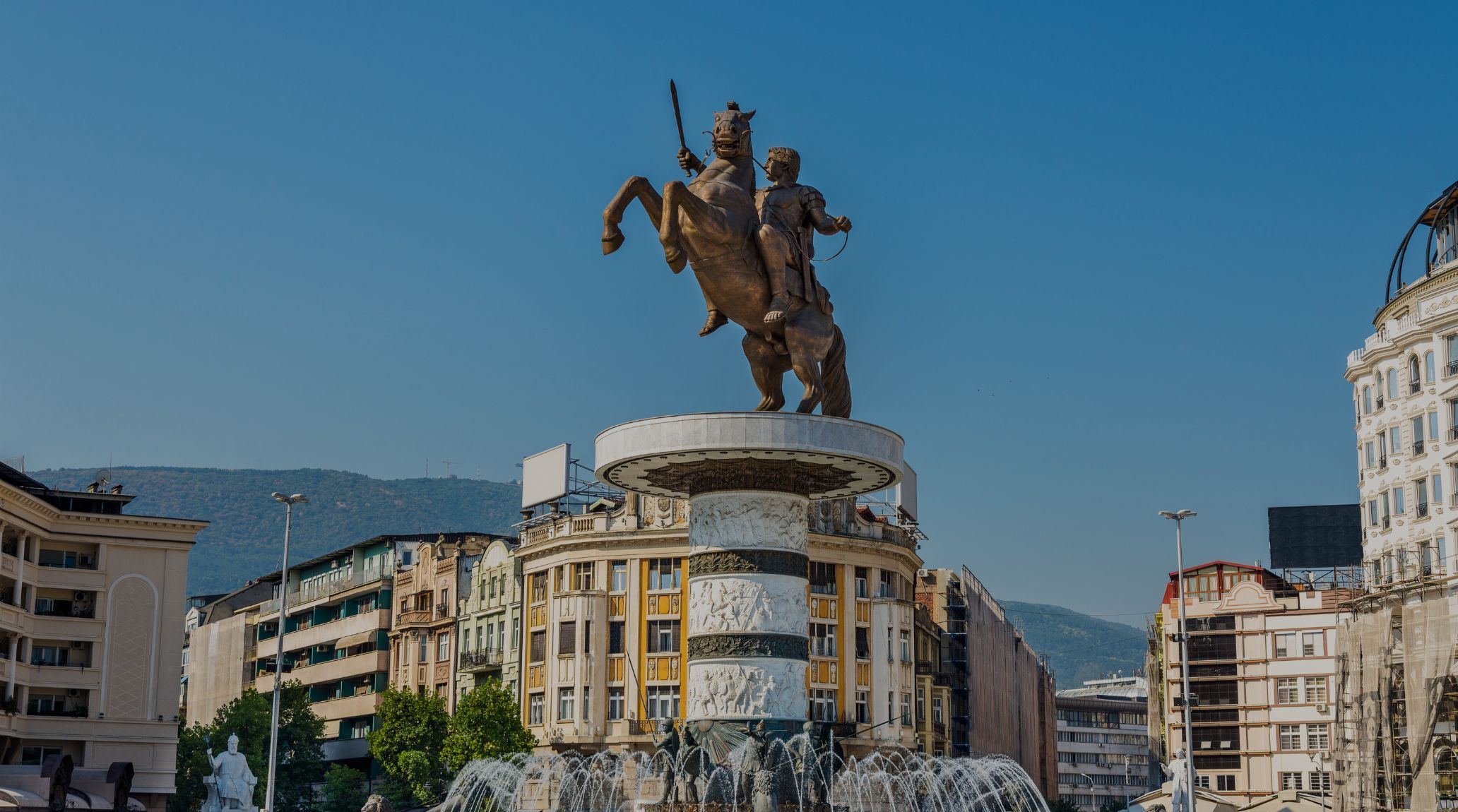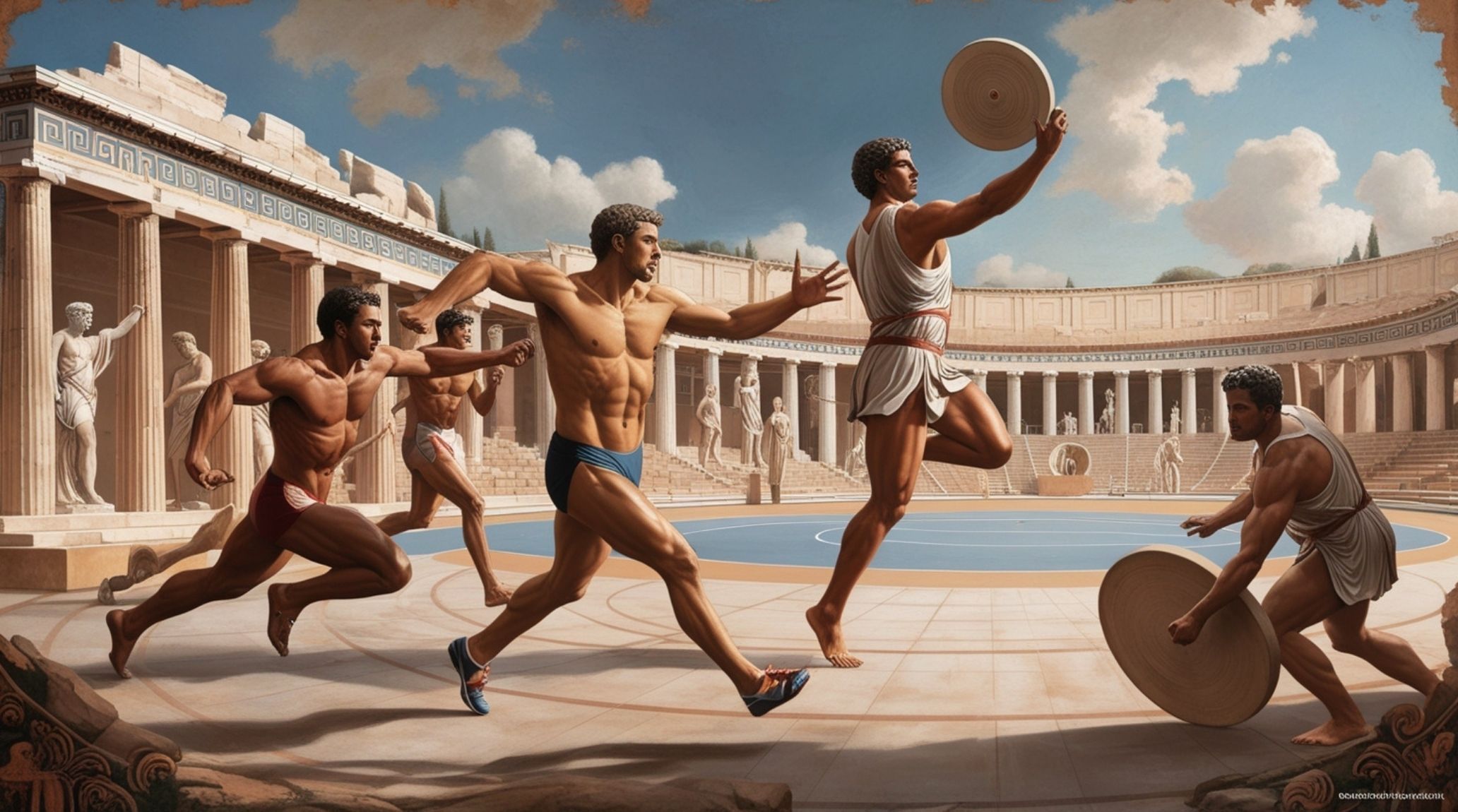
“
The Olympic Games in Ancient Greece were far more than simple athletic events; they were a grand cultural celebration that intertwined sports, religion, and politics. In this blog, we present 20 fascinating Facts About Olympic Games in Ancient Greece, exploring their rich historical significance and the enduring legacy they’ve left on the modern Olympics.1
1
”
The first recorded Olympic Games took place in 776 BCE in Olympia, a sanctuary dedicated to Zeus. These games were held every four years and quickly became the most celebrated athletic event in ancient Greece. 1
Only freeborn Greek men were allowed to compete in the Olympics. Women were not permitted to participate, and married women were barred from attending the event, with severe punishments for those caught breaking this rule. 2
The ancient Olympic Games were a religious festival as much as a sporting event. They honored Zeus, the king of the gods, and athletes would often offer sacrifices at the Temple of Zeus before competing.3
Athletes in the ancient Olympics competed in the nude. This tradition symbolized purity, strength, and a tribute to the gods. It also allowed for better movement during events like wrestling and running.4
The original Olympic Games only included one event: the stadium, a footrace of approximately 192 meters. Over time, the games expanded to include events like wrestling, boxing, chariot racing, and the pentathlon.5
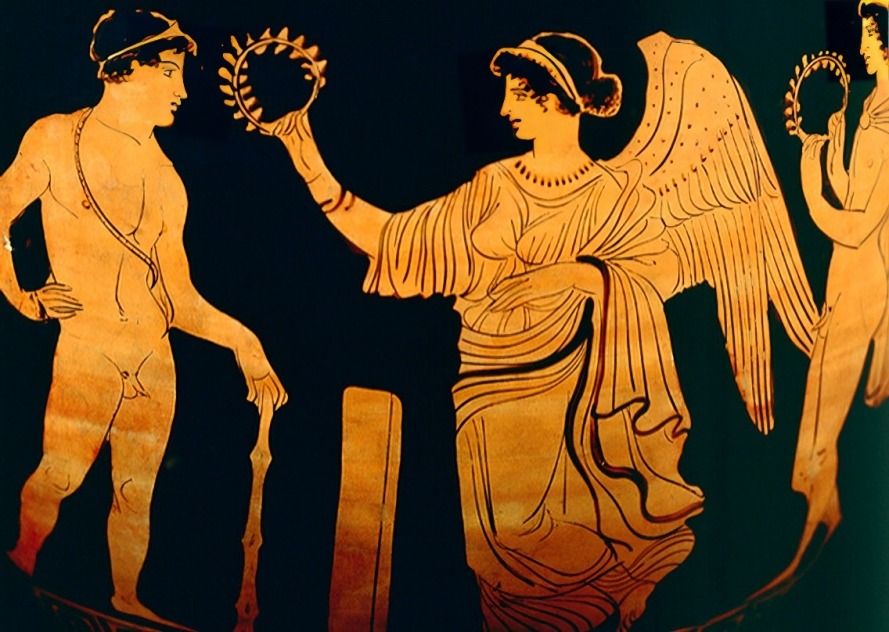
Victors in the ancient Olympics were awarded an olive wreath, known as a kotinos, made from the sacred olive tree of Olympia. This symbol of victory held immense prestige and honor in Greek society.
The Olympic truce, known as the "Ekecheiria," was a peace agreement that allowed athletes and spectators to travel safely to Olympia. It ensured that city-states would not wage war during the Games. 6
The Olympic Games were part of Panhellenic festivals, along with the Pythian, Nemean, and Isthmian Games, which fostered unity among Greek city-states despite ongoing political conflicts. 7
The pentathlon, a major Olympic event, consisted of five disciplines: running, long jump, discus throw, javelin throw, and wrestling. It was designed to test an athlete’s versatility and physical endurance.8
Chariot racing was one of the most dangerous and popular events in the ancient Olympics. Held in the hippodrome, these races often involved spectacular crashes, and the winning charioteer received great honors for their victory. 9
Unlike modern marathons, the ancient Greeks did not include long-distance races in their Olympics. The longest footrace was the Dolichos, which spanned about 2.5 to 3 miles (4 to 5 kilometers), designed to test endurance and stamina. 10
Wrestling was one of the oldest Olympic sports and was known as "pale." It had few rules: no biting or eye-gouging. The contest ended when one athlete was thrown to the ground or submitted to his opponent. 11
The ancient Olympics had no second- or third-place prizes. Only the winner was celebrated, and he gained immense glory for his city-state. Winners often became heroes and could even receive free meals and front-row seats at festivals. 12
The ancient Olympics awarded no medals. Instead, winners received an olive wreath, symbolizing honor and victory, and were celebrated for their athletic excellence without the modern concept of gold, silver, or bronze awards.13
Athletes trained rigorously for months leading up to the Olympics. They had to spend a mandatory period of 10 months in training and were required to demonstrate their skills to officials before being allowed to compete. 14
Boxers in the ancient Olympics did not wear gloves but instead wrapped their hands in leather strips. Boxing matches had no time limits and could last until one of the participants was unable to continue. 15
The Olympics were held for nearly 1,200 years before they were abolished in 393 CE by the Roman Emperor Theodosius I, who viewed the games as a pagan festival inconsistent with Christianity, which had become the empire's official religion. 16
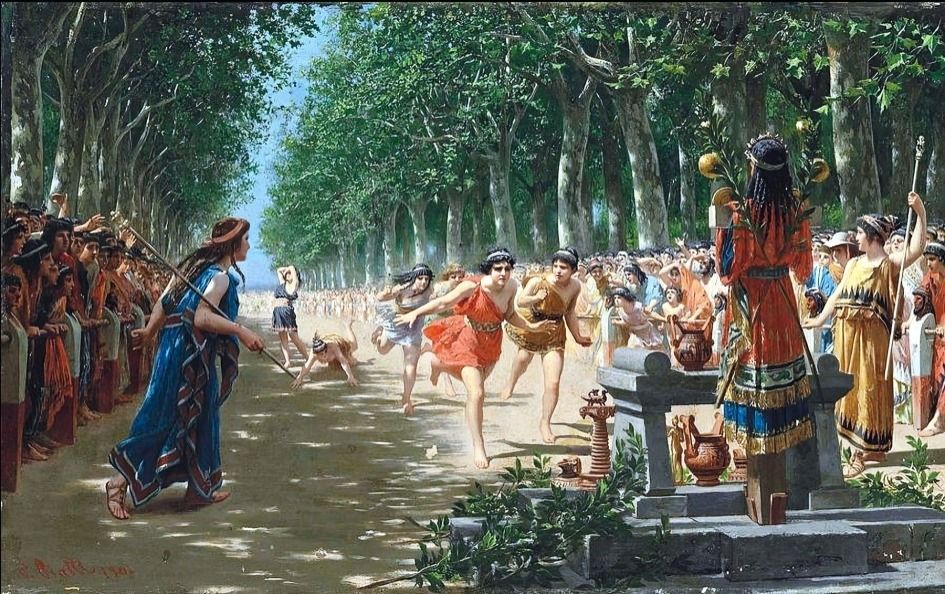
Women were eventually given their festival known as the Heraean Games, held in honor of Hera, the wife of Zeus. These games featured foot races for young women and allowed them to participate in athletic competitions for the first time.
Team sports were absent from the ancient Olympics, as all competitions were focused on individual achievements in events like running, wrestling, and chariot racing, highlighting personal excellence rather than collective effort. 17
One of the most celebrated Olympic victors was Milo of Croton, a wrestler who won numerous titles over multiple Olympiads. His legendary strength and dominance in the sport made him one of the most famous athletes of the ancient world. 18
